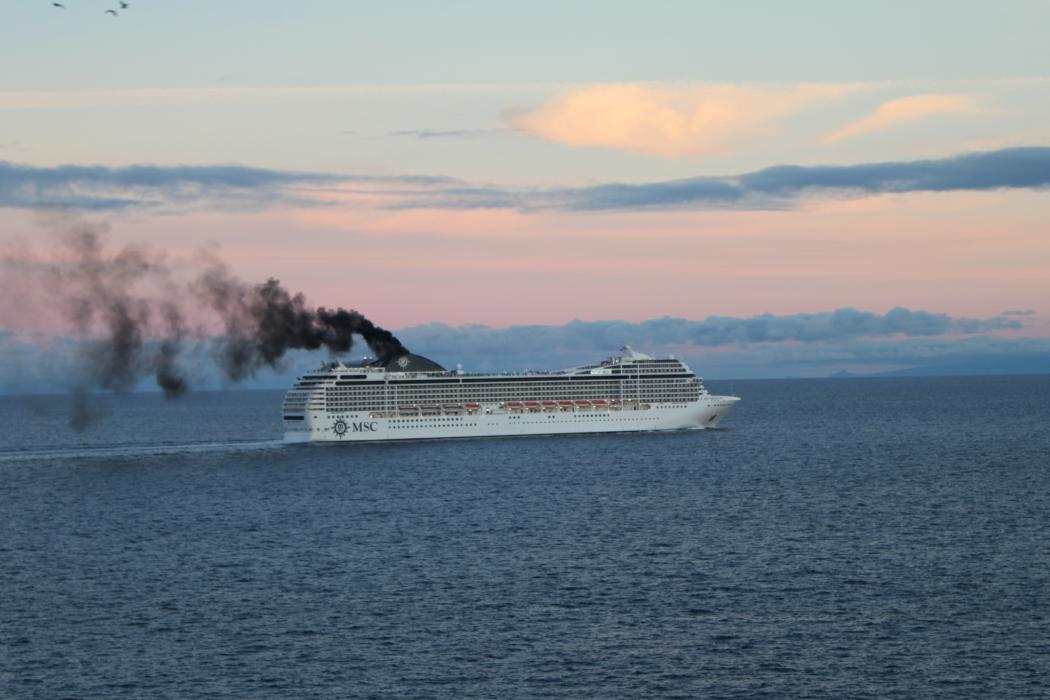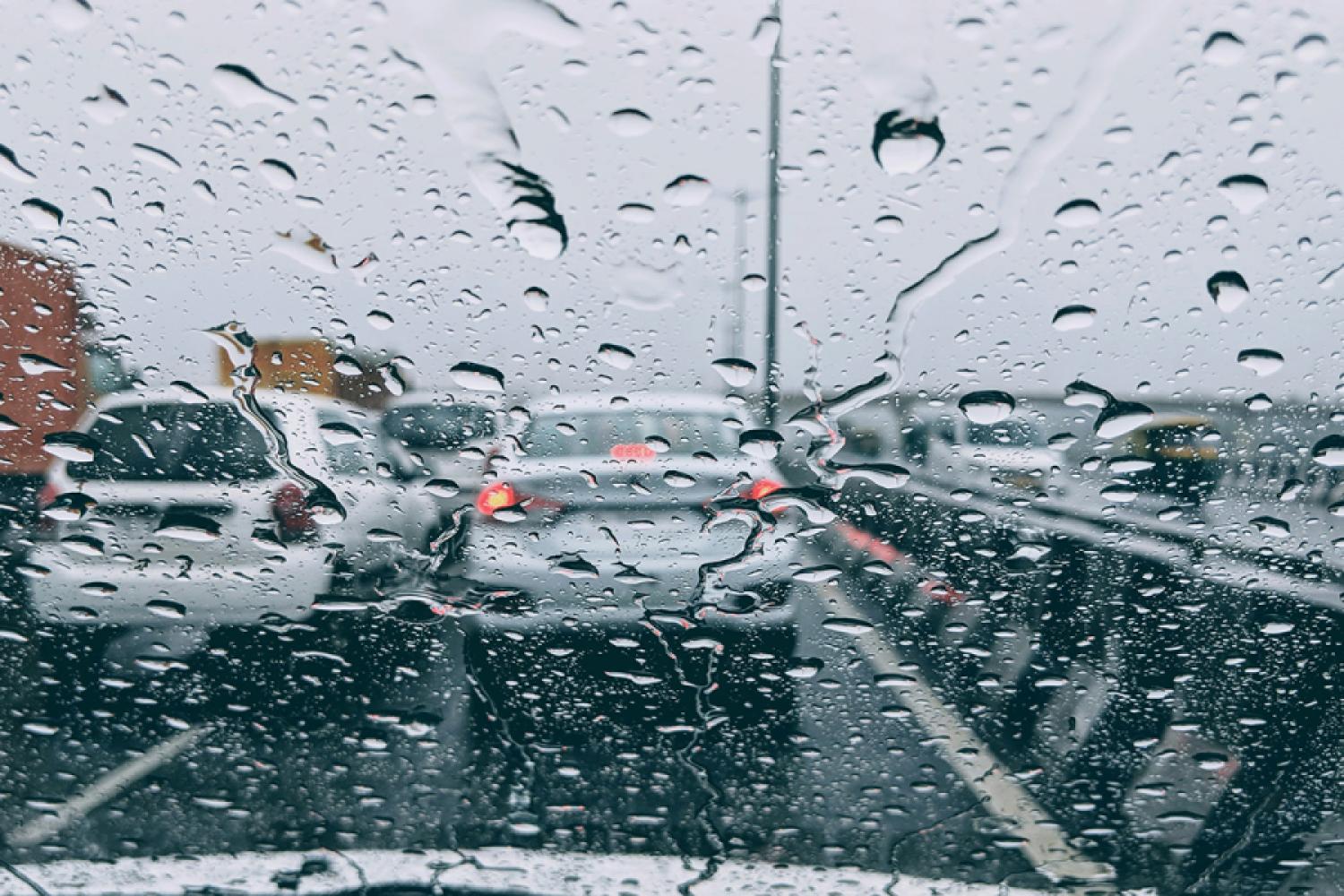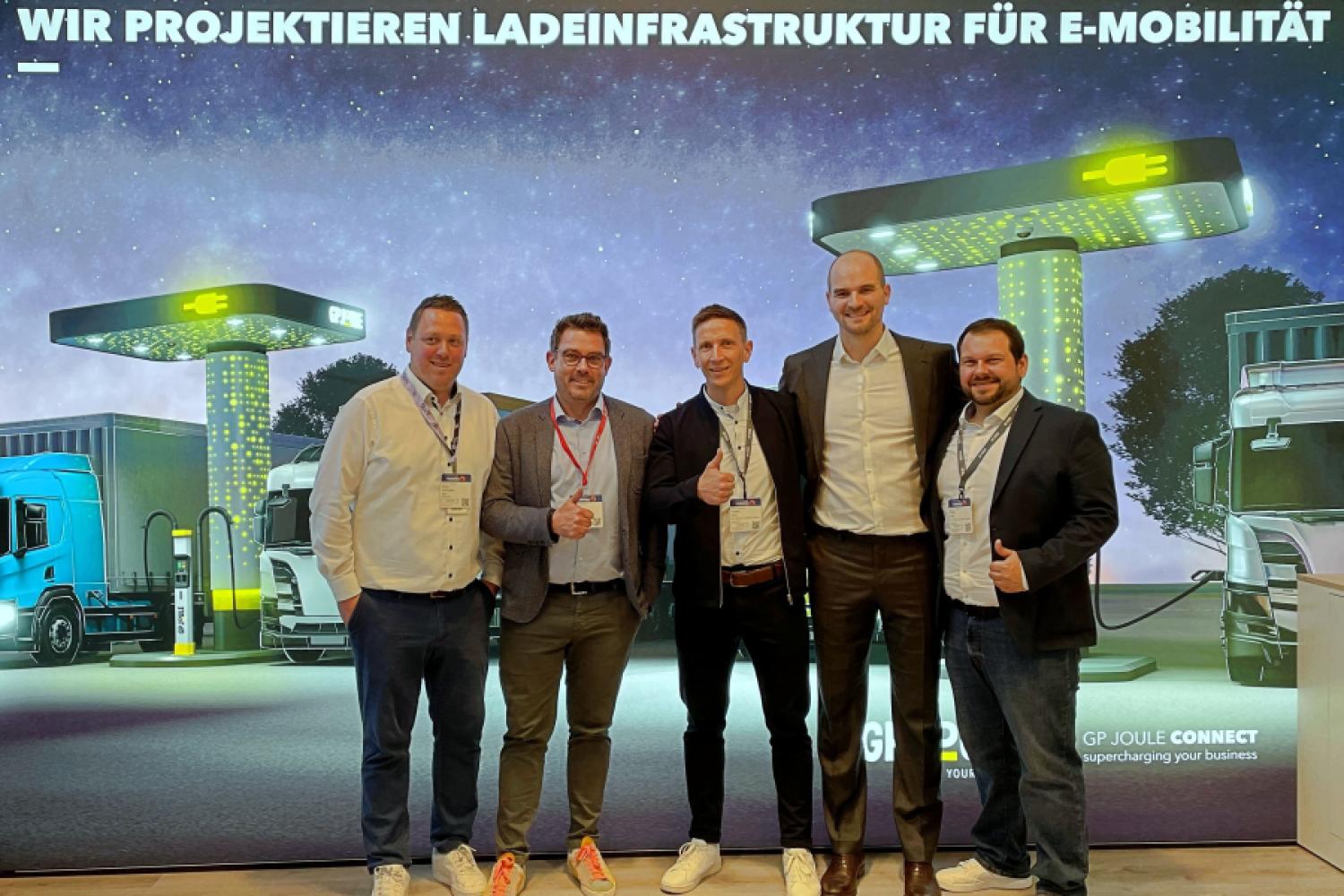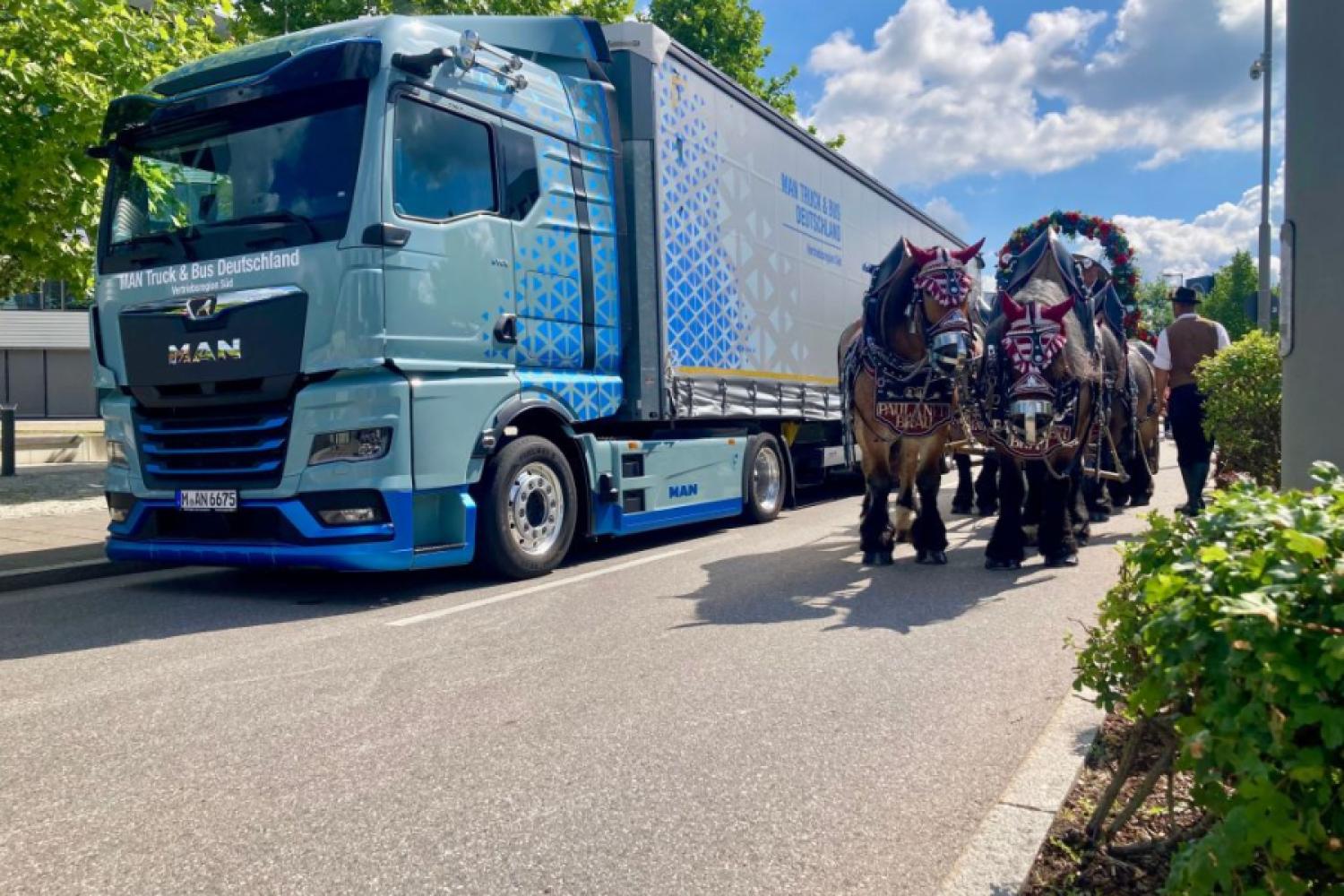The federal government has decided on a funding package worth 400 million euros for the modernization of shipping and port infrastructure. The goal is to support the transformation towards a climate-friendly maritime economy. In particular, the expansion of shore power systems, the use of synthetic fuels (E-Fuels), and the establishment of so-called 'Green Corridors' are to be promoted.
In particular, the expansion of shore power systems, the use of synthetic fuels (E-Fuels), and the establishment of so-called 'Green Corridors' are to be promoted. These are shipping routes that are entirely serviced by climate-neutral vessels.
It is alarming to see that ships still have to use environmentally and health-damaging fuels to supply energy in most ports, criticizes NABU shipping expert Sönke Diesener
and further explains:
“We expressly welcome the support of these central projects of the 'National Action Plan for Climate-Friendly Shipping' and the 'National Port Strategy', in the creation of which NABU actively participated. Shore power and E-Fuels are essential for achieving carbon neutrality on the water and for clean air in port cities. It is still a long way to go, but especially for the German economy, this transformation brings enormous opportunities alongside some challenges.”
The expansion of shore power remains inadequate
According to a recent analysis by the environmental organization Transport & Environment, European ports are not yet sufficiently equipped with shore power connections to meet the legal shore power obligation for container and cruise ships by 2030 at the
latest. The study shows that currently no port in the EU has sufficient capacity to supply all berthed ships with emission-free electricity.
The backlog is particularly evident in cities like Bremen, where only 4 out of 22 berths have shore power connections – equivalent to 18 percent. Hamburg, on the other hand, already has 13 facilities in planning or implementation and is considered a positive example along with several Baltic Sea ports.
NABU calls for targeted investments
In the creation of the “National Action Plan for Climate-Friendly Shipping” and the “National Port Strategy”, NABU actively campaigned for the obligation to provide and consistently expand shore power. The establishment of Green Corridors and the promotion of E-Fuel infrastructure are also among the
measures demanded by the association.
Shore power is considered by environmental organizations as a particularly effective measure for emission reduction in port areas, as it avoids almost all pollutant emissions during docking times. NABU also sees the promotion of E-Fuel infrastructure and the establishment of Green Corridors as necessary steps to achieve the climate goals formulated in the “National Action Plan for Climate-Friendly Shipping” and the “National Port Strategy”.
Further regulatory measures required
In addition to financial support, NABU emphasizes the need for clear regulatory frameworks to drive the transformation in the maritime sector with planning certainty. The association was involved in the development of the national strategy papers and is now calling for the rapid and consistent implementation of the






